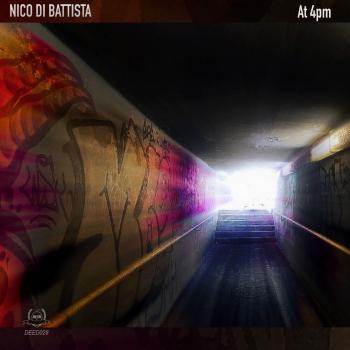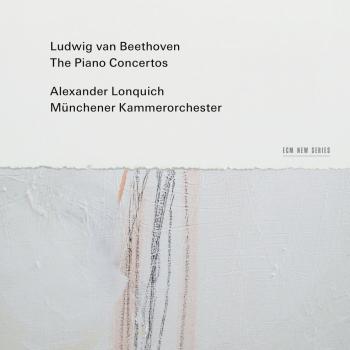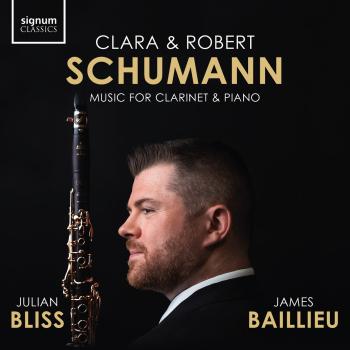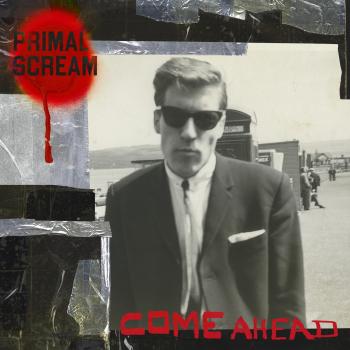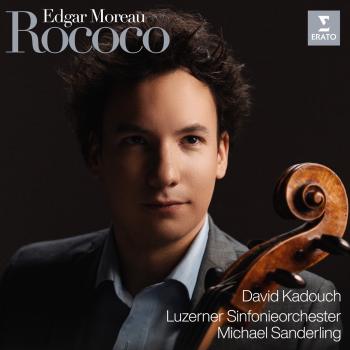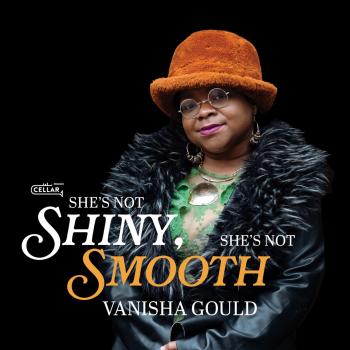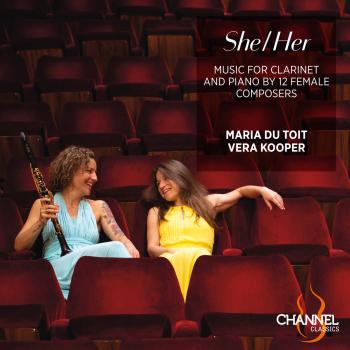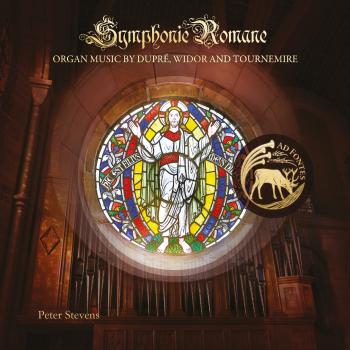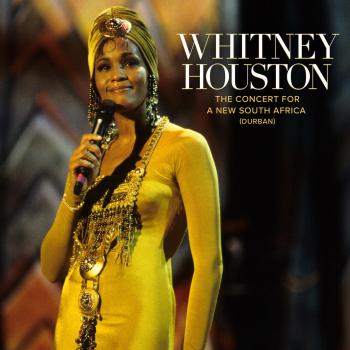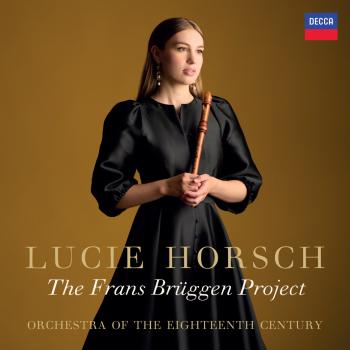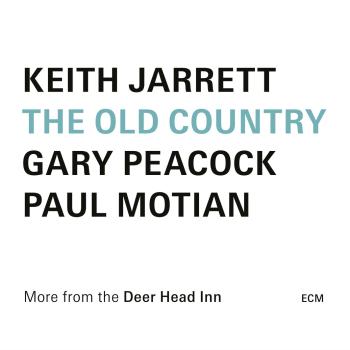
Grand Concerto for Tuba Melton Tuba Quartett / Duisburg Philharmonic Orchestra / Carl St. Clair
Album info
Album-Release:
2011
HRA-Release:
20.10.2011
Label: ACOUSENCE
Genre: Classical
Subgenre: Concertos
Artist: Melton Tuba Quartett / Duisburg Philharmonic Orchestra / Carl St. Clair
Album including Album cover Booklet (PDF)
- 1 Jubilare! for Orchestra 06:18
- 2 Adagio for Strings 12:21
- 3 Grand Concerto 4 Tubas - I. Intrada 05:52
- 4 Grand Concerto 4 Tubas - II. Scherzo 05:01
- 5 Grand Concerto 4 Tubas - III. Ballade 06:59
- 6 Grand Concerto 4 Tubas - IV. Tango-Tarantella 06:02
- 7 Adagio for Eight Part Tuba-Euphonium Ensemble 07:16
- 8 Power for Tuba Ensemble 01:40
- 9 Benediction for Tuba Ensemble 03:04
Info for Grand Concerto for Tuba
Usually one will for the most part only find a single tuba in a symphonic orchestra. Notwithstanding, more than 20 years ago four tubists from renowned German orchestras formed the Melton Tuba Ensemble and since then have been performing internationally as soloists with this ensemble.
With the magnum opus of this recording, the „Grand Concerto 4 Tubas“, they now present together with the Duisburg Philharmonics under Carl St. Clair the historically first work of its genre, a concert for tuba quartet and symphony orchestra. The American composer John Stevens wrote the piece as a joint commission by the Duisburg Philharmonics, the Bamberg Symphonics and the Dresden Philharmonic. John Stevens in the piece avoids using vanguard tendencies and builds on the American tonal language, coined by composers like Aaron Copland, George Gershwin and Leonard Bernstein.
The sound of the tubas as an ensemble is in the foreground, even though all of them are also called upon solistically. The first movement, „Intrada“, as the most weighty part of the composition, has a forceful-heroic character. The ensuing „Scherzo“ more is about facility and agility. While quite often there is a certain heaviness attributed to the tuba, it is precisely here where the soloists prove the contrary and show just how many possibilities their instrument possesses in terms of agility. The warm timbre of the „Ballade“ emphasises the lyrical-melodic qualities of the tuba by means of singability and harmony. The finale, „Tango-Tarantella“, has a dance-like character. Here the tuba at first can be experienced unaccompanied; fascinating sonic possibilities are displayed and even even the limit of the tonal range is touched.
The album is topped by additional works by the hand of John Stevens, representing many different facets of his oeuvre: The striking orchestral piece „Jubilare!“, followed by the „Adagio“ for just strings in the tradition of a great many of renowned Adagio works, as well as a number of pieces for tuba quartet and eight-part tuba-euphonium-ensemble, each with its completely unique character.
Melton Tuba Quartett
Carl St. Clair, Conductor
Duisburg Philharmonic Orchestra
World Premiere Recording
The Melton Tuba Quartett
was founded in 1987. It was the first and is still the only ensemble of its kind in Germany.
Through its numerous activities in Germany and abroad, it has earned a solid place in the music world. The positive reviews it received for its first concerts were followed by a number of performances: German radio and television, at German and international music festivals such as the “Verso il Millenio” international tuba congress in Riva del Garda, Italy in 1997 and the Army Band Tuba Conference in Washington, USA in 1999 and 2006, at the Estío Musical Burgalés in Spain in 2008 as well as a sold-out performance in Berlin’s Philharmonie.
One of the quartet’s priorities is working with young people. With their entertaining and informative children’s and family concerts, the ensemble has brought the tuba closer to young people and the young at heart of every age.
Several seminars, master classes and their first CD “Premiere” brought the four musicians to the attention of renowned composers. So far, they have produced four CDs, now including “Lazy Elephants” (1995), “POWER” (1999) and “What a Wonderful World” (2005). Due to popular demand, the works especially written for the Melton Tuba Quartet are published by Bruno Uetz Publishing in their own “edition melton tubaquartett” series.
Hartmut Müller
Hartmut Müller graduated as a student of Walter Hilgers. Not only insiders know of Hartmut Müller’s international soloist appearances as well as his orchestral activities. He has been a member of the Wuppertal Symphony Orchestra since 1988, after having been a member of the Saarbrücken Radio Orchestra. In 2007, he founded the TRIO EUPHONY - Soprano, Harp and Tuba.
Heiko Triebener
Heiko Triebener has been a member of the Bamberg Symphony since 1993 after having been a member of the Saarbrücken Radio Orchestra and the Beethovenhalle Orchestra in Bonn. He has made a name for himself by winning first prizes at international competitions and by appearing as a soloist throughout the world.
Prof. Jörg Wachsmuth
studied with Prof. Dietrich Unkrodt. He won second prize in 1988 and first prize in 1992 at the International Instrumental Competition in Markneukirchen. After playing in the Neubrandenburg Philharmonie, he was appointed solo tubist of the Dresdner Philharmonie in 2000. He was awarded the title “Kammermusiker” in 2006 and has been honorary professor of tuba at the “Carl Maria von Weber” conservatory in Dresden.
Ulrich Haas
After winning competitions early in life and studying with Hans Gelhar in Cologne, Ulrich Haas was appointed tubist of the State Theatre in Kassel and became a member of the Duisburger Philharmoniker in 1983. He is lecturer of tuba at the Folkwang University of the Arts in Essen.
Carl St. Clair - Conductor
Carl St. Clair has been music director of the Pacific Symphony Orchestra for over 20 years, an orchestra he has a close relationship with and which he has built up and given its renown today. It is the largest orchestra in the USA among those which have been founded in the past 50 years. From 2008 to 2010, Carl St. Clair was music director of the Komische Oper Berlin. There he directed numerous symphony concerts as well as successful new productions of “La Traviata” (director Hans Neuenfels), the premiere of Christian Jost’s “Hamlet” and a new production of Reimann’s “Lear” (director Hans Neuenfels) which was praised by critics and the public and championed by the composer.
Carl St. Clair was music director of the Deutsches Nationaltheater and Staatskapelle in Weimar from 2005 to 2008. There he initiated and conducted a highly-praised new production of the complete “Ring”. From 1998 to 2005, Carl St. Clair was a guest conductor of the SWR Stuttgart Radio Orchestra, with whom he recorded the complete symphonies of Heitor Villa-Lobos. Carl St. Clair is a regular guest conductor of many important orchestras worldwide. In the US, he has conducted the Boston Symphony, New York Philharmonic, Philadelphia Orchestra, Los Angeles Philharmonic and the Detroit, Atlanta and Houston Symphonies. In Germany he has conducted the radio orchestras of Frankfurt, Cologne, Hannover, Hamburg and Leipzig as well as the Frankfurt Museumsorchester.
As a champion of contemporary music, Carl St. Clair and the Pacific Symphony Orchestra have commissioned leading composers of our time such as Philip Glass, William Bolcom and Chen Yi. Among the many honours that Carl St.Clair has received, the “National Endowment for the Arts – Seaver Conductors Award”, the highest national honour in the US, is worth mentioning. Carl St. Clair studied opera and orchestral conducting at the University of Texas with Walter Ducloux, a student of Felix Weingartner and Wilhelm Furtwängler. Leonard Bernstein, Seiji Ozawa and Kurt Masur are among his musical mentors.
Duisburg Philharmonic Orchestra
concert evenings and strong lasting impressions - the 93 musicians of the Duisburger Philharmoniker from 15 nations are constantly working on the perfect sound. In 1877, the “Brandtsche Kapelle” with thirty musicians was founded. Today, the Duisburger Philharmoniker is one of Germany’s largest orchestras.
Its repertoire ranges from the baroque to the modern. At the beginning of the twentieth century, one critic wrote “If you want to keep up with the latest in contemporary works, you have to travel to Duisburg,” so modern music follows a long tradition. Back then, “new music” was written by composers such as Max Reger and Richard Strauss, who introduced their works in Duisburg themselves.
Internationally renowned conductors such as Kirill Petrenko, Antoni Wit, Alun Francis and Axel Kober have recently worked with the Duisburger Philharmoniker. Jonathan Darlington left a lasting impression with his work as music director from 2002 to 2011. His predecessors were Alexander Lazarew and Bruno Weil, among others. Darlington developed exciting alternatives to conventional programming during his tenure. For the concert season 2009/2010, the Duisburger Philharmoniker was awarded “best concert programme” from the German Association of Music Publishers. They were awarded an Echo Klassik 2011 for their CD recording of the Tchaikovsky Violin Concerto with violinist Susanna Yoko Henkel.
The list of soloists which have appeared with the orchestra is top-class: pianists Barry Douglas and Boris Bloch, violinists Frank Peter Zimmermann, Pinchas Zukermann, Daniel Hope and Isabelle Faust, cellists Antonio Meneses, Sol Gabetta and Matt Haimovitz, just to name a few.
The orchestra is a regular guest at internationally renowned festivals such as the “Ruhr Piano Festival”, and the “Ruhrtriennale”, sharing the stage with stars like Vesselina Kasarova, Anna Netrebko and Neil Shicoff. In 2011, the Duisburger Philharmoniker celebrated a triumphant success at the Ruhrtriennale with a performance of Richard Wagner’s “Tristan und Isolde” under Kirill Petrenko.
Since 2007, the orchestra has a new concert hall, the Philharmonie Mercatorhalle, which has been praised internationally for its outstanding acoustics. In November 2009, an Eule organ was built in the hall. It is the only organ built in the English style on the continent and regularly
attracts world-class organists such as Wayne Marshall of England and Iveta Apkalna of Latvia
Booklet for Grand Concerto for Tuba

